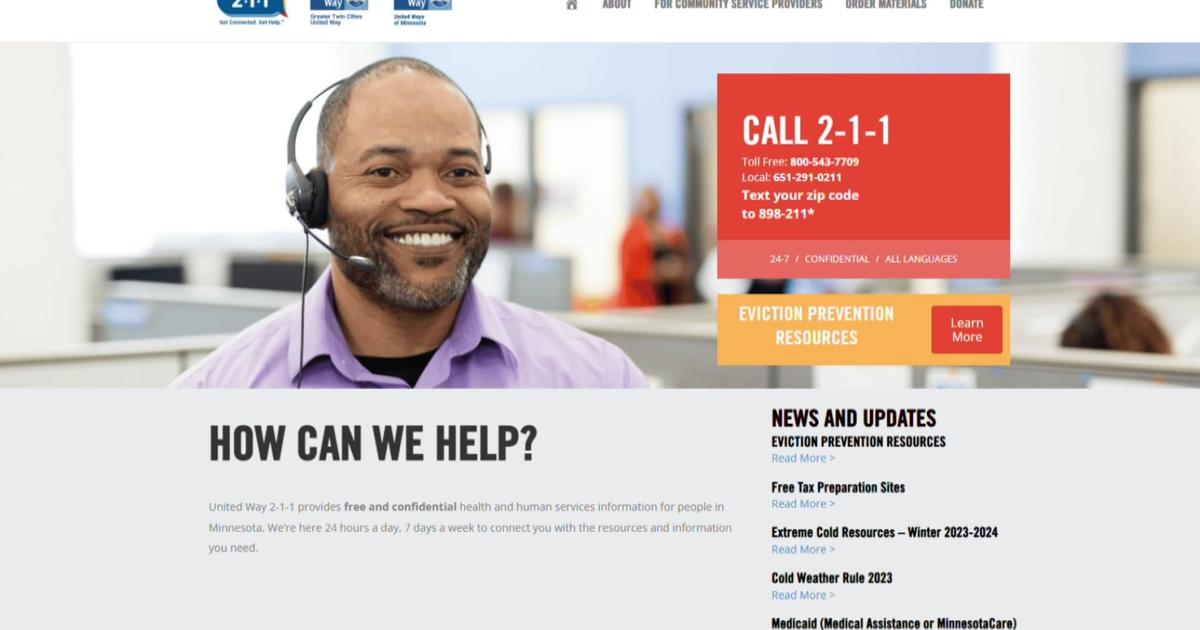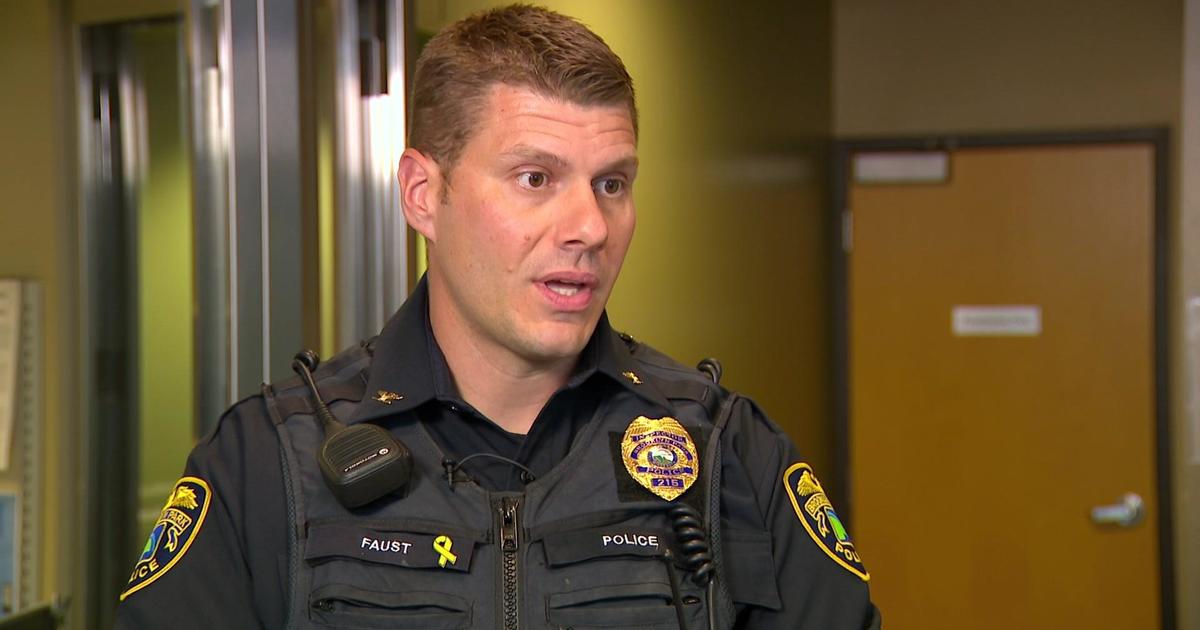'We're Going To Kill Her!' Scammers Terrorize With Ransom Calls
MINNEAPOLIS (WCCO) -- It is a terrifying phone call that one Twin Cities police department says parents are increasingly getting.
Your phone rings, you hear muffled screams and a person tells you they are holding your child hostage.
The caller says you need to go to your bank and get ransom money immediately.
But it's all a scam.
Jill Roffers and her husband were driving to work when they got the call.
"It was just so scary," Roffers said. "We heard a young girl, it sounded like our daughter, saying, 'Dad! Dad! They have me!' sobbing, and then this man jumped on the phone and just started screaming and swearing, and saying, 'Frank, we have your daughter! We're going to kill her!'"
The Roffers were able to pull over as the man continued to demand money for the safe return of their 16-year-old daughter.
"Super aggressive, swearing, demanding money. 'Go to your bank right now. How much can you take out?'" Roffers said. "My husband motioned to me to call the Edina High School to see if our daughter was there."
After a minute on hold, a school staffer confirmed her daughter's attendance.
"'A teacher has eyes on her, she is safe, she is here, she is OK'" she said. "It's been more than 24 hours and I am still so unnerved by it."
When we called Edina High School, they referred us to the Edina Police Department. The school liaison officer told WCCO this is a scam they have heard of, it has happened before -- and parents should be aware.
And that is what Roffers wants, too. She has written about the ordeal on the Edina Moms Facebook page.
"Most people were just horrified," Roffers said.
And that is why she spoke out to us. She says her daughter is also scared.
"She is very unnerved by it. I have to keep reassuring her this is not real," Roffers said. "It's just so creepy."
That scam call was from a number that appeared to be from Mexico.
Edina Police told the family these scams are difficult to trace because the scammers use "burner" phones with temporary numbers.
To avoid becoming a victim, look for these possible indicators:
Callers go to great lengths to keep you on the phone, insisting you remain on the line.
Calls do not come from the supposed victim's phone.
Callers try to prevent you from contacting the "kidnapped" victim.
Calls include demands for ransom money to be paid via wire transfer to Mexico; ransom amount demands may drop quickly.
If you receive a phone call from someone demanding a ransom for an alleged kidnap victim, the following should be considered:
In most cases, the best course of action is to hang up the phone.
If you do engage the caller, don't call out your loved one's name.
Try to slow the situation down. Request to speak to your family member directly. Ask, "How do I know my loved one is OK?"
Ask questions only the alleged kidnap victim would know, such as the name of a pet. Avoid sharing information about yourself or your family.
Listen carefully to the voice of the alleged victim if they speak.
Attempt to contact the alleged victim via phone, text, or social media, and request that they call back from their cellphone.
To buy time, repeat the caller's request and tell them you are writing down the demand, or tell the caller you need time to get things moving.
Don't agree to pay a ransom, by wire or in person. Delivering money in person can be dangerous.
If you suspect a real kidnapping is taking place or you believe a ransom demand is a scheme, contact your local law enforcement immediately.



